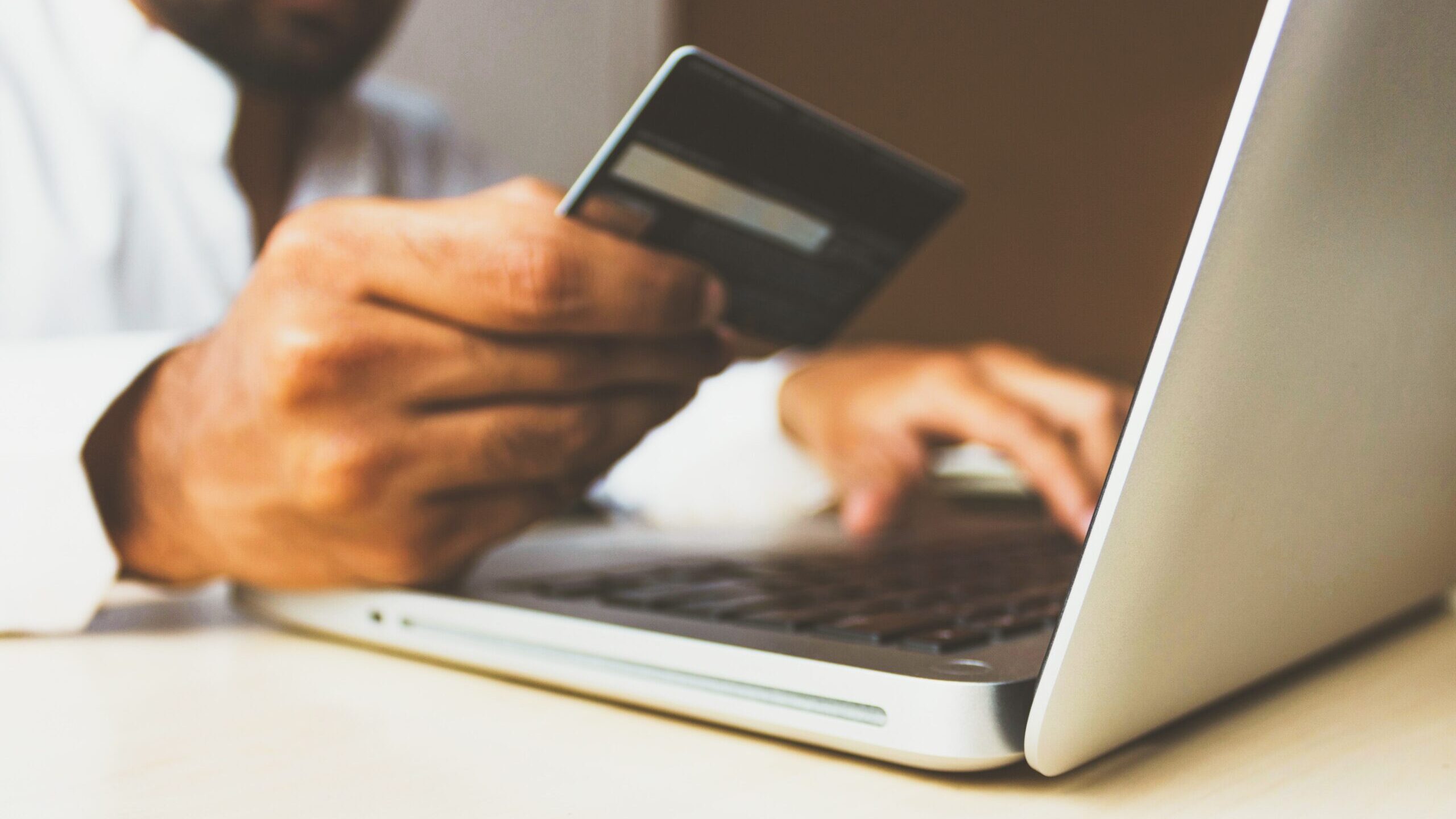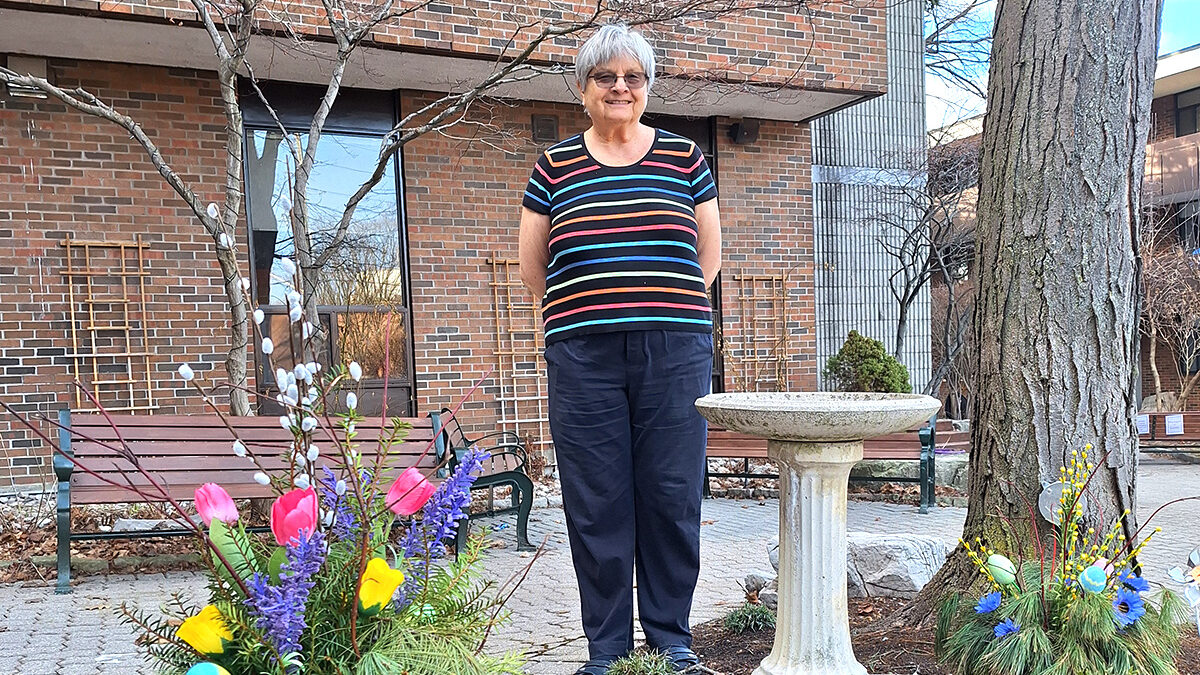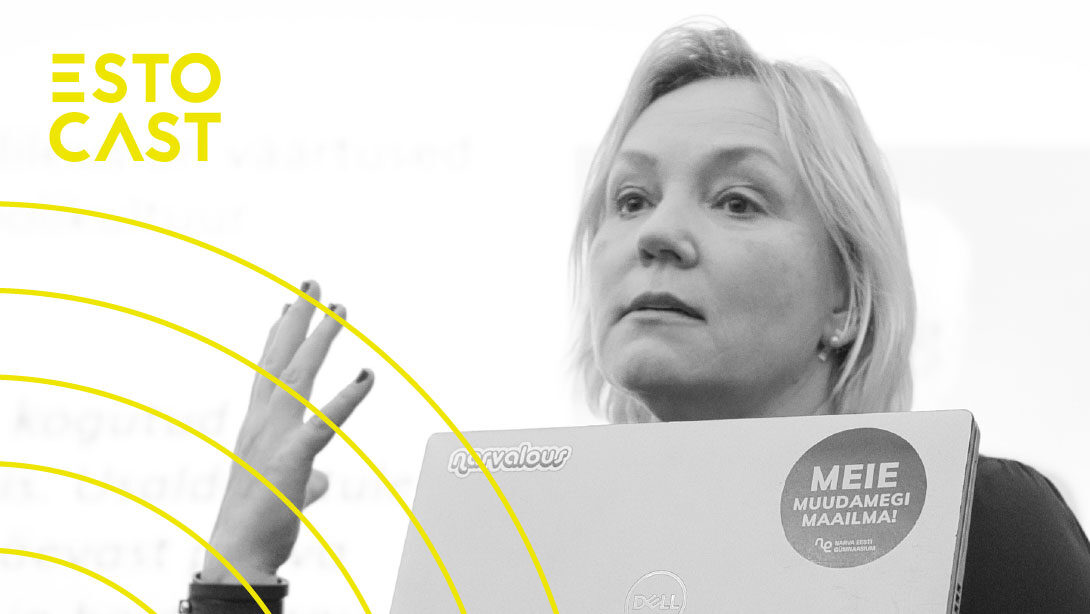Keeping yourself safe online
Online & mobile banking are great options to access your bank accounts. Below are a few tips on how to keep your information safe online:
- Do not share your log-in information with anyone, whether in person or online. Even if you have a joint account, each individual should have their own username and password.
- Avoid logging in to your online banking from public Wi-Fi (such as a café or airport) or when using public or shared computers (such as at the library).
- Ensure that your password follow strong password requirements, such as including a mixture of numbers, letters and special characters
- Do not use the same password for different financial institutions or websites
- Check your accounts regularly to ensure you recognize all of the transactions that have happened on your account – if you think something is wrong, contact your financial institution as soon as possible
- If you have become a victim of online banking fraud, notify TransUnion and Equifax, Canada’s credit reporting agencies to place a fraud alert on your account.
- Do not allow your computer to remember or memorize your online banking passwords
- Lock your computers and mobile devices with a PIN or password, that way if you lose them, the information won’t be readily accessible to whoever picks them up
- Remember that financial institutions will never ask for your password or prompt you to change your password by email or text message.
- The government will also not ask for your personal information through text message, email or by phone.
- Be careful with suspicious emails and text messages – do not click on links, open attachments or respond to messages from unknown or suspicious sources. Always check the sender information and details before opening anything.
- Install anti-virus software and a firewall on your computer.
- Do not use words, phrases or numbers that would be easy to guess, for example your name, a close relative’s name, your birth date, telephone number or address, your account number or your card number.
Following the tips above and incorporating them into your daily life can help save you a lot of hassle and potentially a lot of money. Being aware of where personal information is shared and actively keeping tabs on your accounts and information will go a long way in safeguarding your information.
For more financial tips and articles visit the Northern Birch Credit Union website.




